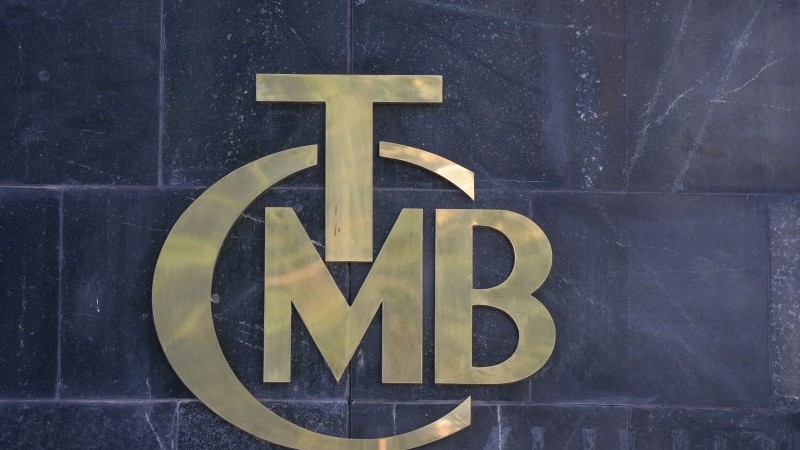The Central Bank of Turkey signals new macroprudential rules
In line with the market consensus, Turkey’s central bank maintained its policy stance, keeping the policy rate flat at 14% at the April rate-setting meeting. Despite ongoing geopolitical tension with increasing risks to inflation and external balances, the CBT did not give any reference to tightening of monetary policy and reiterated that the “cumulative impact of the recent policy decisions is being monitored” with continued emphasis on the “lira-isation strategy”.
The CBT’s assessment note this month showed a revision with a newly inserted phrase referring to a decision to strengthen the macroprudential policy set. While the statement does not provide further clarity, this can be a signal that the bank is likely to use its macro-prudential toolbox (i.e. reserve requirement framework) to i) facilitate a further increase in long-term available financing for companies and ii) incentivise the channelling of these funds to “real economic activity”. The latest data shows that momentum in TL commercial (excluding SMEs) lending has been strong since the last quarter of 2021, while we see marked acceleration in SME lending since the announcement of a new Credit Guarantee Fund facility. However, the annual growth of lending to companies is still below inflation.
Another slight change was in the drivers of inflation. Eliminating a reference to demand developments, the CBT points out that geopolitical risks are pressuring energy costs, supply shocks are weighing on commodity prices and we’re seeing the temporary effects of extreme pricing formations. With this revision, the CBT put all the blame on external factors and drivers that are beyond its control. For the future course of inflation, the bank continues to be quite optimistic, restating that it sees the start of the disinflation process on the back of measures taken by policymakers along with supportive base effects and “the resolution of the ongoing regional conflict”.
In this regard, the CBT reiterated its ongoing review of the policy framework aimed at facilitating “permanent lira-isation” that would be instrumental in creating “an institutional basis for sustainable price stability”. Recent news flows regarding i) extension of tax exemption for corporates converting their FX deposits to TRY ii) hiking 25% requirement on their hard currency revenues to 40% can be seen as moves under the framework of this strategy.
The remainder of the rate-setting statement was broadly unchanged from the note released after the March meeting. Accordingly, the CBT: i) maintained its views for the global outlook were the same, focusing on higher downside risks to global economic activity with ongoing geopolitical risks; ii) it saw continuing strength in domestic economic activity also supported by external demand; iii) and mentioned widening pressures on the current the account balance attributable to higher energy prices.



